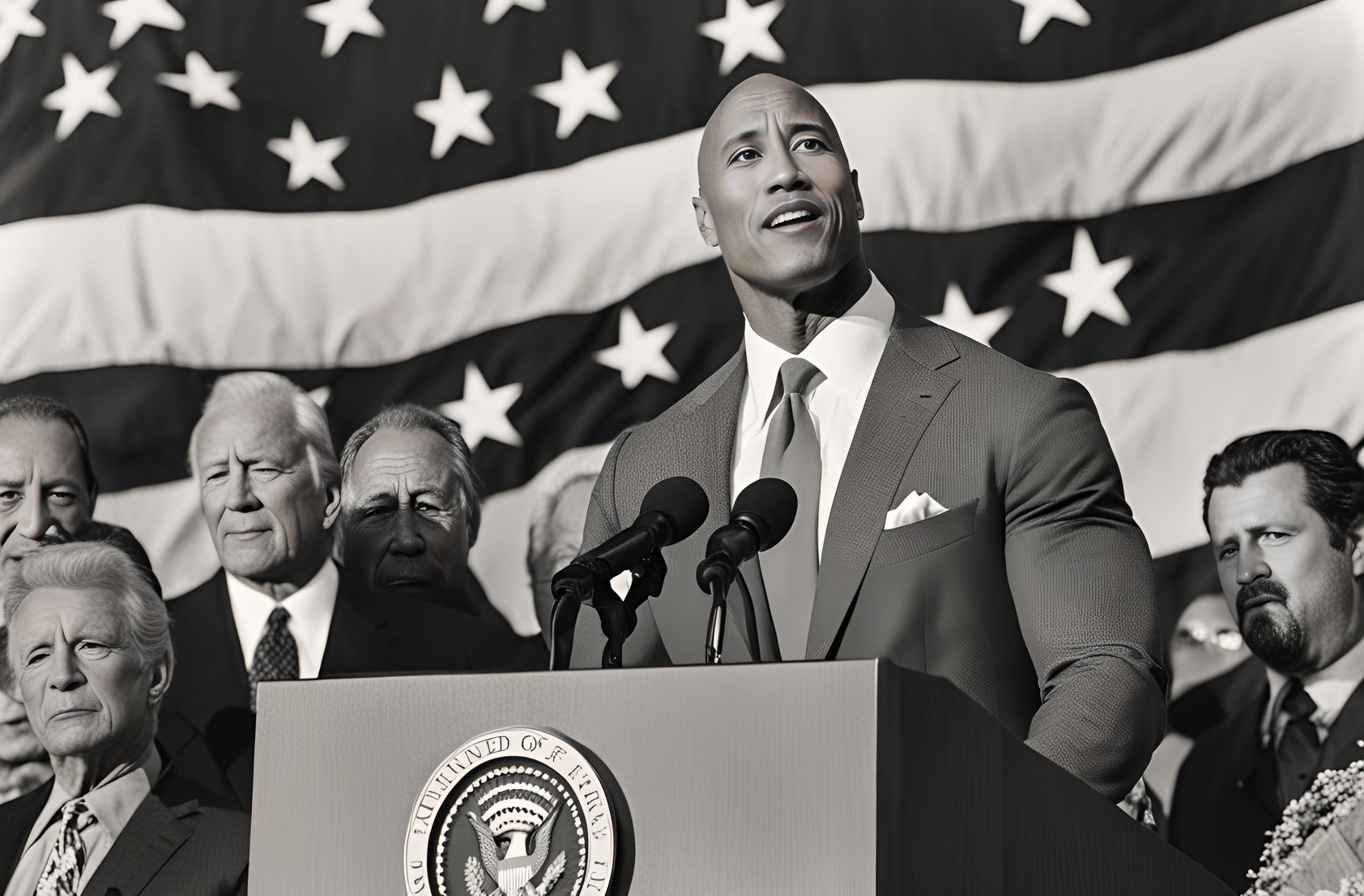
In the year 2075, the world experienced a seismic shift in economic policy. Governments across the globe decided to abolish income taxes, replacing them entirely with sales tax. This radical change stemmed from growing discontent among citizens who felt burdened by the complexities and perceived unfairness of income taxation. The new system promised simplicity, transparency, and a fairer distribution of tax burdens. However, as with any significant change, the repercussions were far-reaching and multifaceted.
At first, the transition seemed like a breath of fresh air. Workers rejoiced as their paychecks arrived without the familiar deductions for income tax. For the first time in centuries, people felt the full weight of their earnings in their hands. The immediate effect was a surge in disposable income, leading to a boom in consumer spending. Retailers, restaurants, and entertainment venues saw unprecedented growth as people indulged in the newfound freedom to spend their money as they pleased.
However, this initial euphoria was short-lived. As sales tax became the primary source of government revenue, the rates had to be significantly increased to make up for the loss of income tax. The cost of goods and services skyrocketed, and the public soon realized that while they had more money in their pockets, everything they wanted to buy was much more expensive. The disparity between the wealthy and the poor began to widen at an alarming rate. Those with substantial savings and investments were less affected, while low-income families struggled to afford basic necessities.
The middle class, which had been the backbone of many economies, found itself squeezed from both ends. Unable to save as much due to the high cost of living and without the safety net that progressive income taxes had once provided, many middle-class families began to slip into poverty. The social fabric started to fray as people grew increasingly disillusioned with the promise of a fairer system.

In response to the growing crisis, governments around the world introduced measures to mitigate the impact of the new tax system. Subsidies and tax credits were offered for essential goods and services, such as food, healthcare, and education. While these measures provided some relief, they also added layers of complexity to what was supposed to be a simple and transparent system. The administrative burden of managing these subsidies and credits grew, and the cost of running the government increased.
Meanwhile, the black market began to flourish. To avoid the high sales taxes, people turned to underground economies where goods and services could be traded without the burden of taxation. This shadow economy undermined legitimate businesses and eroded the tax base even further. Governments found themselves in a constant battle to clamp down on illegal trade, diverting resources away from other critical areas such as infrastructure and public services.
As the years passed, the long-term effects of the tax shift became more apparent. The emphasis on consumption over income led to a culture of materialism and short-term thinking. Savings rates plummeted, and investment in long-term projects and innovations declined. The economy became increasingly volatile, with boom and bust cycles becoming the norm. Without the stabilizing influence of income tax, which had provided a steady stream of revenue regardless of economic conditions, governments struggled to manage public finances effectively.
In an attempt to address these issues, some countries experimented with hybrid systems, reintroducing a form of income tax alongside sales tax. These hybrid models aimed to balance the benefits of both systems, providing a more stable revenue stream while still maintaining some of the simplicity and transparency that had initially attracted people to the sales tax model. However, the reintroduction of income tax was met with resistance from those who had come to enjoy the freedom from direct taxation.
The debate over the best way to fund governments and distribute tax burdens continued to rage. Economists, politicians, and citizens all had differing opinions on the matter, and no single solution seemed to satisfy everyone. The world had embarked on a grand experiment, and while it had brought some benefits, it had also revealed the complexities and challenges of designing a fair and effective tax system.
In the end, the shift to a sales tax-based system served as a powerful reminder of the delicate balance required in economic policy. It highlighted the importance of considering the long-term consequences of radical changes and the need for a nuanced approach to taxation. As the world moved forward, the lessons learned from this period would shape the future of tax policy, guiding governments in their quest to create a more equitable and sustainable economic system.




